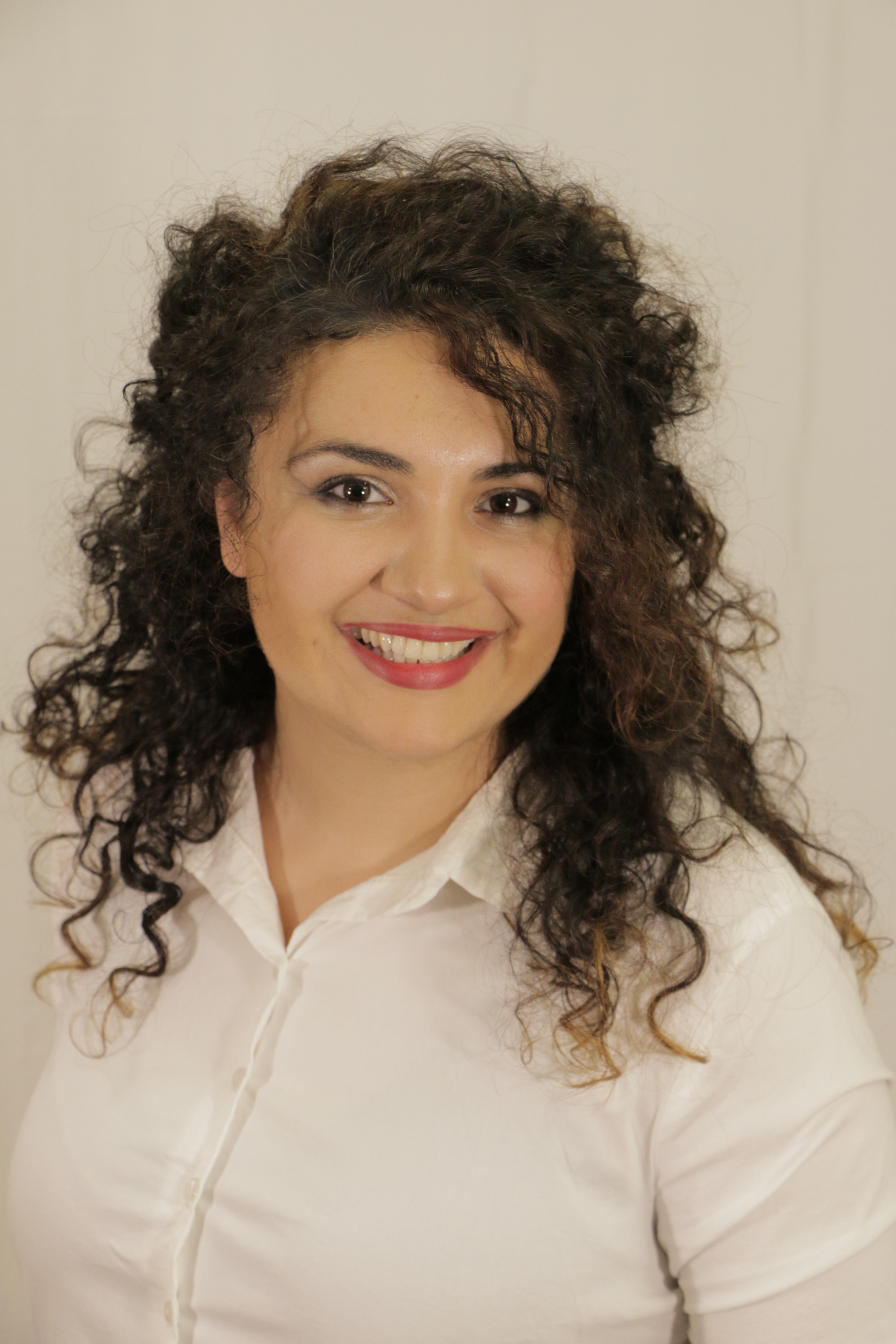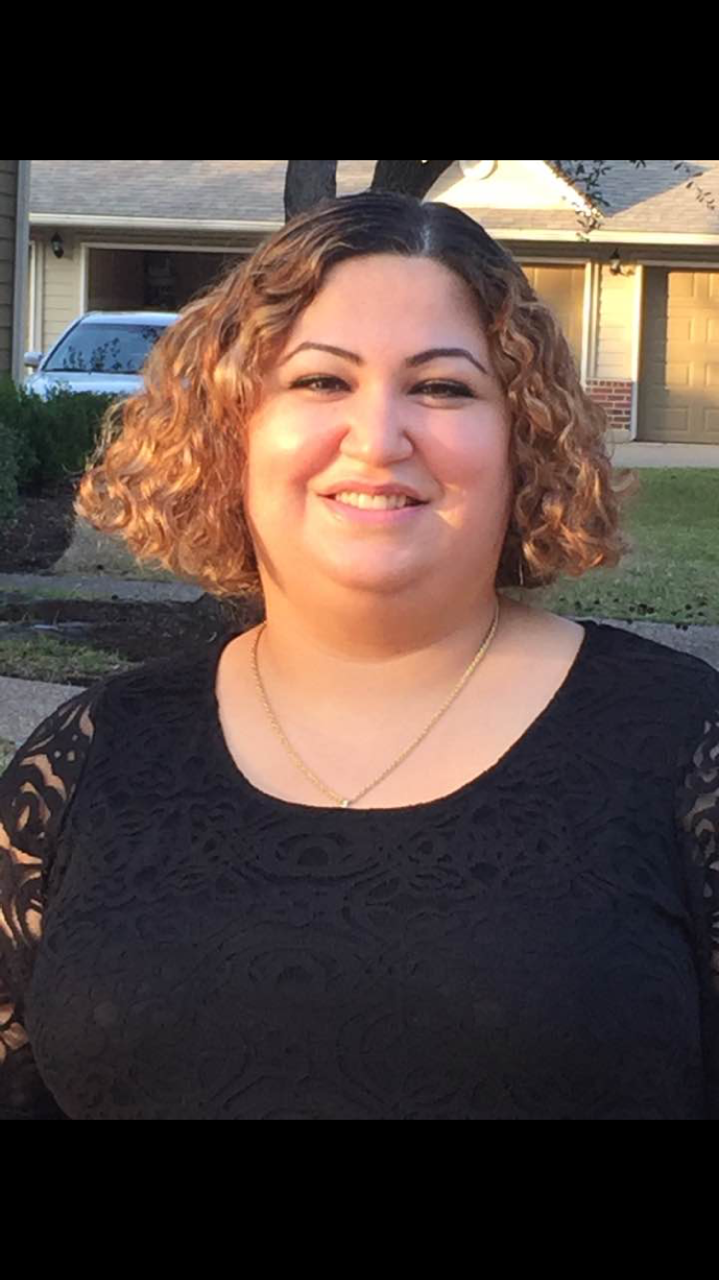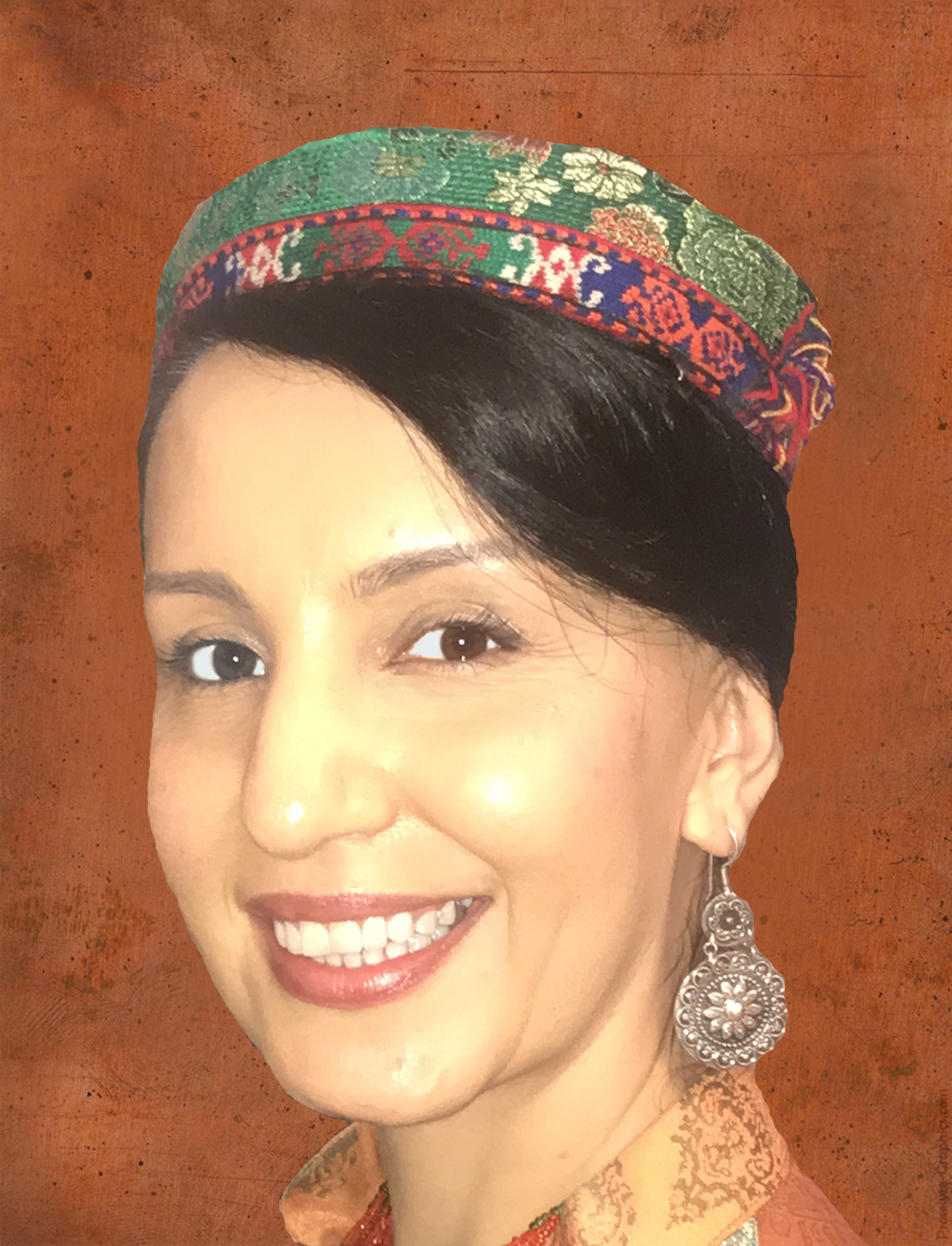im_-_purnur_ilolova.jpg

Individuals from different traditions were asked about their views on the community here, and their experiences. As can be expected, their encounters have left different impressions on them, but are instructive in considering other opportunities and initiatives that may be useful in accelerating the momentum towards greater inclusivity.
Experiences on Arrival
Maintaining Culture
img_1302_shima_eidi_2.png

One would expect the traditional cultures of immigrants to be less influential over time as they adapt to a new environment. But ties to their homeland can remain strong. Although she came here 15 years ago and sees herself as an American who was proud to vote recently, Seattle's Lola Kassamali is still Tajik at heart and connected to her culture, "wearing Tajik clothes, listening to Tajik music, dancing Pamiri dances, speaking Shugnani, and even celebrating Tajik festivals such as Ruz i-Nur (the Day of Light)." However, in Amin's family, retaining their culture has been more difficult as his siblings are less fluent with their language and culture.
Sense of Community
lola_kassamali_2.jpg

Leen finds the west more individualistic, whereas "Syria was more of a 'we' culture." They had less of a community organization and feeling, she says, yet they were united in their status as a minority, despite having less appreciation of their faith. She realizes that some Jamati practices in the US are different from the Syrian ones, and wonders how the diversity within the Jamat's cultures can be better shared, understood and celebrated. Her comments are echoed by Shiva, concerned about the separation between the "Khoja and non-Khoja community," and wishes more of the minority Jamat's cultures were presented at celebratory events. Her family makes an effort to retain her Iranian heritage and culture. And Lola recounts that when she first came to Seattle, it took a while for her to be truly accepted because her tradition and culture were different from that of the majority. But over time, she says, "the Jamat learned about me and I learnt about them. Further, I have had the privilege of volunteering, and all of this has enabled me to integrate with the Jamat."







